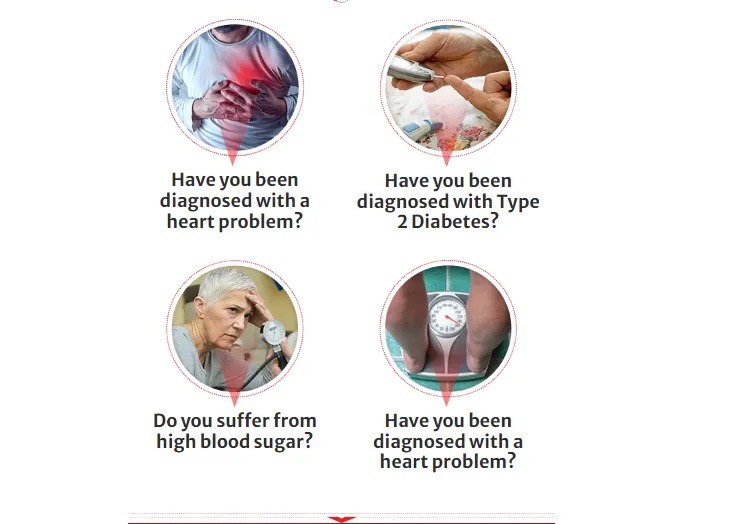Managing blood glucose levels is crucial for individuals with diabetes or those at risk of developing the condition. Keeping your blood sugar levels within a healthy range can help prevent complications and improve overall health. Here are five tips to help you successfully manage your blood glucose levels:
1. Monitor Your Blood Glucose Levels Regularly
One of the most important steps in managing blood glucose levels is to monitor them regularly. Keeping track of your blood sugar levels can help you understand how your body responds to different foods, activities, and medications. It can also alert you to any fluctuations or spikes in blood sugar levels, allowing you to take appropriate action to bring them back into a healthy range.
There are several ways to monitor your blood glucose levels, including using a blood glucose meter, continuous glucose monitor (CGM), or flash glucose monitoring system. Your healthcare provider can help you determine the best method for your needs and provide guidance on how often you should test your blood sugar levels.
2. Follow a Healthy Diet
Diet plays a significant role in managing blood glucose levels. Eating a balanced diet that is rich in fruits, vegetables, whole grains, lean proteins, and healthy fats can help stabilize blood sugar levels and improve overall health. Avoiding foods high in sugar, refined carbohydrates, and unhealthy fats can help prevent spikes in blood sugar levels.
It’s essential to pay attention to portion sizes and meal timing when managing blood glucose levels. Eating regular meals and snacks throughout the day can help keep blood sugar levels stable. Consider working with a registered dietitian to develop a personalized meal plan that meets your nutritional needs and supports healthy blood sugar levels.
3. Stay Active
Regular physical activity is another crucial aspect of managing blood glucose levels. Exercise can help improve insulin sensitivity, allowing your body to better regulate blood sugar levels. Aim to incorporate a mix of aerobic exercise, such as walking, cycling, or swimming, and strength training exercises into your routine.
Consult with your healthcare provider before starting a new exercise program, especially if you have any underlying health conditions. They can help you determine the best type and duration of exercise for your individual needs and monitor how physical activity affects your blood glucose levels.
4. Take Medications as Prescribed
If you have been prescribed medications to manage your blood glucose levels, it’s essential to take them as directed by your healthcare provider. Skipping doses or adjusting your medication without medical supervision can lead to fluctuations in blood sugar levels and potential complications.
Be sure to communicate openly with your healthcare provider about any concerns or side effects you may experience while taking medications. They can adjust your treatment plan as needed to ensure your blood glucose levels remain stable and within a healthy range.
5. Manage Stress and Get Adequate Sleep
Stress and lack of sleep can have a significant impact on blood glucose levels. Chronic stress can lead to increased blood sugar levels, while inadequate sleep can affect insulin sensitivity and glucose metabolism. Finding healthy ways to manage stress, such as meditation, yoga, or deep breathing exercises, can help reduce the impact on blood glucose levels.
It’s also essential to prioritize getting an adequate amount of sleep each night. Aim for seven to nine hours of quality sleep to support overall health and blood sugar regulation. Creating a relaxing bedtime routine and establishing a consistent sleep schedule can help improve sleep quality and promote stable blood glucose levels.
Successfully managing blood glucose levels is essential for individuals with diabetes or those at risk of developing the condition. By monitoring your blood sugar levels regularly, following a healthy diet, staying active, taking medications as prescribed, and managing stress and sleep, you can help keep your blood glucose levels within a healthy range and reduce the risk of complications.
Remember to work closely with your healthcare provider to develop a personalized treatment plan that meets your individual needs and supports optimal blood glucose management. By incorporating these tips into your daily routine, you can take control of your health and well-being.


